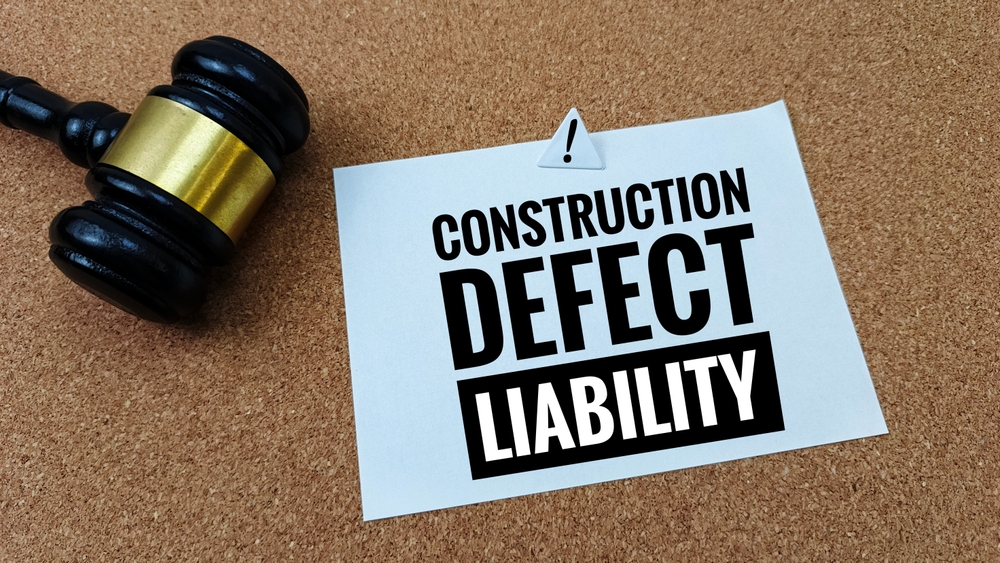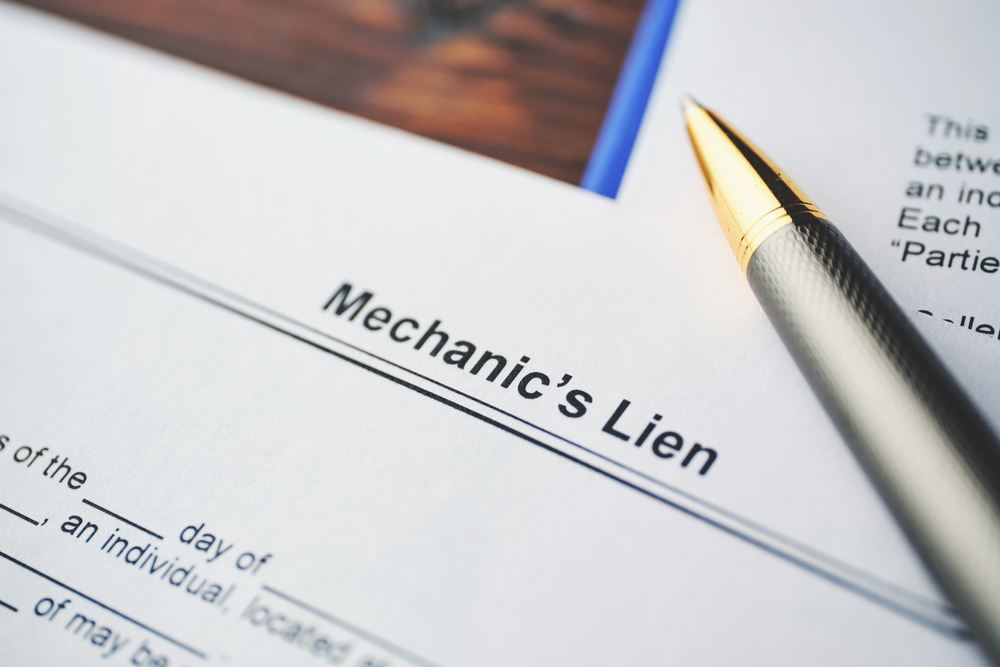

Our court system no doubt has its flaws, at every level. One of its biggest drawbacks is the amount of time it requires to resolve a dispute through the court system. Attorneys looking to bring about a speedy judgment for their clients have increasingly relied upon arbitration. But at what cost? Let’s look at the cons of arbitration.
Arbitration promises a streamlined path to a binding ruling without the hassles of a judicial proceeding. They are cheaper than full law suits because the traditional accompaniments of a trial: depositions, jury selection, long delays, and multiple witnesses are generally not involved. Commonly arbitrated cases range from breach of contract or licensing agreements, business torts, and franchise to construction and infrastructure disputes in companies from start-ups to business-to-consumer disputes. In the construction industry, a contract without an arbitration clause has become exceedingly rare.
For all of curb appeal of arbitration, it has major drawbacks that must be considered. The largest issue faced by the parties is often the associated costs, which are not tied to the length of the case. The American Arbitration Association (AAA) is largely to blame for the rising costs to arbitrate and is the governing body utilized in most all arbitration clauses. The AAA provides a host of services to facilitate arbitration. They set guidelines for arbitration, certify, and facilitate the selection of an arbitrator between the parties. While they arguably provide a valid service, the fees which are posted conspicuously on their website should encourage people to think twice about including the AAA in these clauses.
One of the cons of arbitration can be the cost. At the time of writing, the cost to file a claim as “Plaintiff” is $4,000. Defendants may file an answer in denial of Plaintiff’s claims, however if they wish to include any counter claims, then the AAA will access a $4,000 fee. Additionally, the AAA will assess a minimum $4,000-$6,800 deposit against each of the parties to cover the fees incurred and charged by the arbitrator. For clients, Arbitration’s promise of speedy resolution becomes a nightmare when they see their legal fees begin to multiply. At the outset, court filing fees for Harris County, Texas, for instance, are around $350, so arbitration may quickly lose its luster.
The costs to arbitrate do not end there. For its promises of being largely informal, the pre hearing preparation for arbitration requires largely the same amount of attorney hours as preparation for trial. During the arbitration hearing itself, costs are often equal to that of a typical court case. Expert witnesses are often required to prove up arguments. Oral arguments are given and witnesses are questioned, in largely the same manner as open court. The costs to attend an arbitration hearing with an effective defense strategy often exceed $25,000.
Arbitration is essentially the same formula used in courtrooms nationwide; opposing parties argue their case before a neutral party who will ultimately render a binding decision. Arbitrators are required to adhere to Codes of Ethics developed by the AAA and the American Bar Association (ABA). With arbitration, all parties end up paying more for the same results. Mediation can often be an effective alternative to both arbitration and a judicial proceeding. Mediations are more informal, costing generally around $900 – $2,500 per party. If successful, mediation allows the parties to reach compromise in an unbiased setting, and once all parties sign off, the agreement is binding.
Next time you are negotiating a contract, look closely to see if your contract includes an arbitration clause.
The Cromeens Law Firm has extensive experience in both arbitration and mediation. If you require legal assistance, contact us today. We are happy to help you.
Karalynn Cromeens is the Owner and Managing Partner of The Cromeens Law Firm, PLLC, with over 17 years of experience in construction, real estate, and business law. A published author and passionate advocate for contractors, she has dedicated her career to protecting the businesses her clients have built. Karalynn is on a mission to educate subcontractors on their legal rights, which inspired her books Quit Getting Screwed and Quit Getting Stiffed, as well as her podcast and The Subcontractor Institute.

